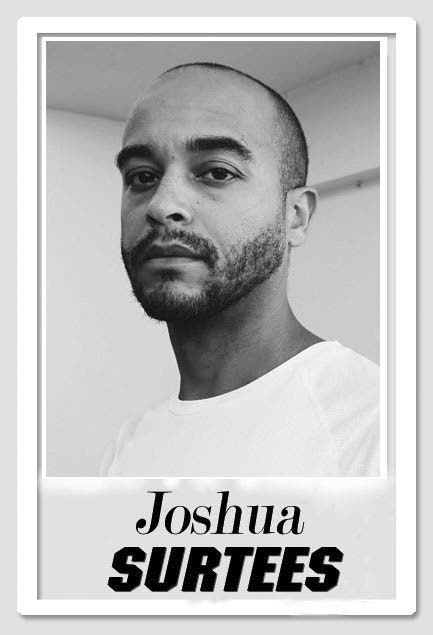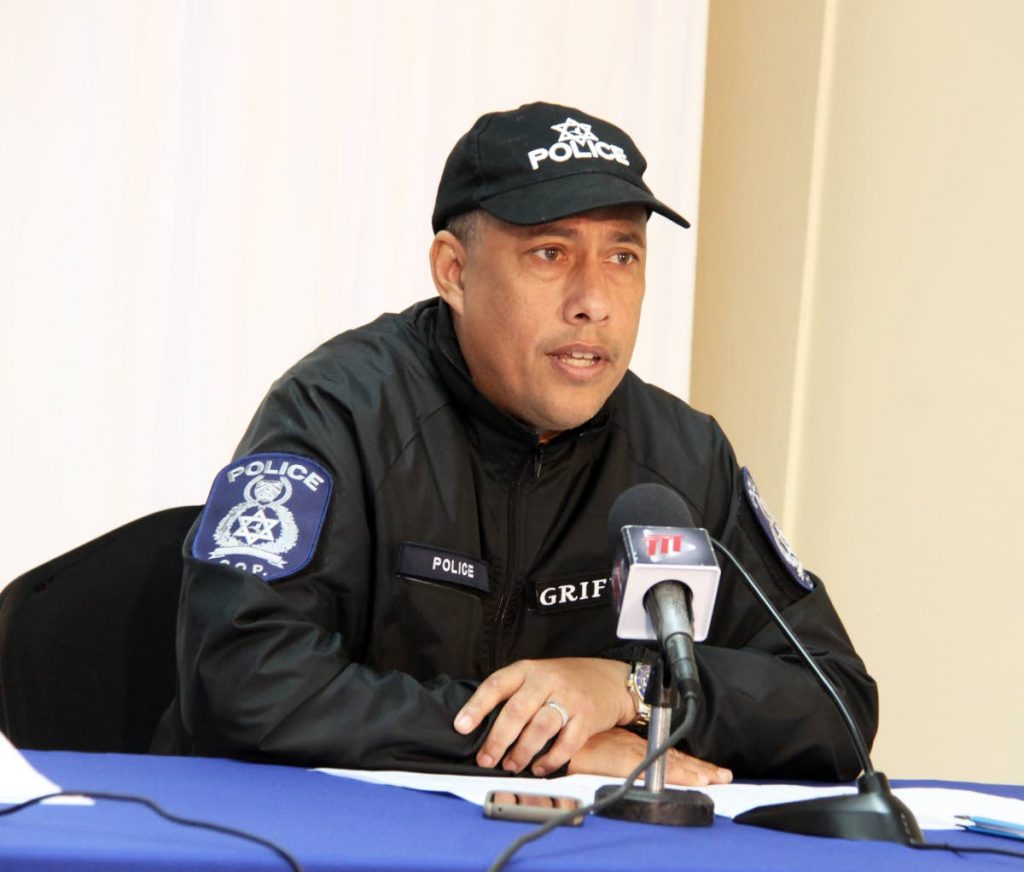No guns, no gun crime

As the country debated the rights and wrongs of the police killings in Trou Macaque last week, we buried the heart of the matter, along with five young men, under the layers of morality, legality and emotion that accompany avoidable deaths.
The deaths were avoidable not simply at the level of whether police erred in judgement, approached with malice, or acted through self-defence. Those are the human by-products of a non-human problem: guns.
For all the complex societal causes that give crime the oxygen to exist, there is a simple equation we must not lose sight of. If there are guns there will be gun crime. No guns, no gun crime.
Killing gunmen deals brutally, sometimes illegally, with the symptoms of a gun disease. But citizens need to live in a country without guns.
The priority must be stopping guns entering the country and seizing and destroying those already here. Issuing more guns to “law-abiding” licensed holders, as the Commissioner of Police is keen to do, simply exacerbates the situation by putting more weapons into society.
In the UK, only five per cent of police officers carry guns, because they rarely encounter armed criminals. In ten years between 2006 and 2016, British police shot 23 people dead. In America in 2016 alone, police shot 1,029 people dead. Which direction would you prefer TT to take?
We know anecdotally that a majority of the public think the police were right to kill the young men in Laventille. A small minority think it was wrong.
Many of us know the personal impact of gun violence. My nephew was left fatherless because his dad was caught in the crossfire of the barbershop shootout in La Puerta in 2016. A year ago, I attended the funeral of a cousin-in-law, shot in the eye to make harder his mother’s task of giving him an open coffin. I have friends who have lost friends through mistaken identity and senseless rage. We know that the public has had enough.
I had hoped in this column to give Gary Griffith the opportunity to assure the public that ridding the country of guns is a TTPS priority. Unfortunately, my requests for an interview were met with curt negative answers. I will save for another time why official dismissiveness towards the media impedes social change.

Instead I found a TTPS source with intimate knowledge of the situation.
We started with how the guns are coming in. Around 30 per cent, my source estimated, come by sea from the mainland into the rivers, inlets and channels of Trinidad. The guns – usually accompanied by drugs – are tied beneath small boats with nylon ropes dangling in the water, making them undetectable when boats are searched. The packages are picked up by gang leaders or their lackeys and taken to safehouses or stashes and kept as arsenals to re-arm the gunmen whenever guns are seized.
An estimated 70 per cent come through customs at our ports, either with or without the knowledge of the businessmen whose containers they are stashed in. The Port Authority, my source said, has admitted it only has the capacity to search 10 per cent of the containers that arrive in Port of Spain and San Fernando. A worrying statistic.
Tackling coastal gun smuggling requires strict border patrol, additional resources and manpower – creating new employment.
Tackling corruption at the port requires weeding out the bad apples – the officers paid to ignore illegal shipments.
“Straightforward, if we want it to be,” was my source’s description of such a task. He hopes Griffith will address TTPS internal affairs and corruption urgently, citing ill-discipline (tacitly sanctioned by the inaction of senior officers) and lazy policing (officers sitting inside stations instead of patrolling communities and building contact networks.)
The few networks that do exist are the only way officers gather information to locate weapons. In 2017, my source said, around 1,000 illegal firearms were recovered. Over the past decade, that figure has averaged more than 500 per year. That’s over 5,000 firearms in 10 years and that, he said, is “just scratching the surface.”
How many gunmen are there, for so many guns? In Laventille, he gave a figure of around 300 gang members. Not a lot. Even with similar numbers in Sea Lots, Beetham, Maloney and Chaguanas there are far more guns than people willing to use them.
At a recent conference in Trinidad, international police chiefs, intelligence staff and justice officials agreed that the TT criminal community is small. Given the flawed judicial system, they were amazed how lawful most citizens are. Other countries with our broken systems, they suggested, would have descended into anarchy long ago.
So how to police a small community that causes so much terror?
"If it is a war they want, it is war they will get,” Gary blustered in the aftermath of the Trou Macaque slaughter.
Actually, what this country really needs is a war on guns.


Comments
"No guns, no gun crime"